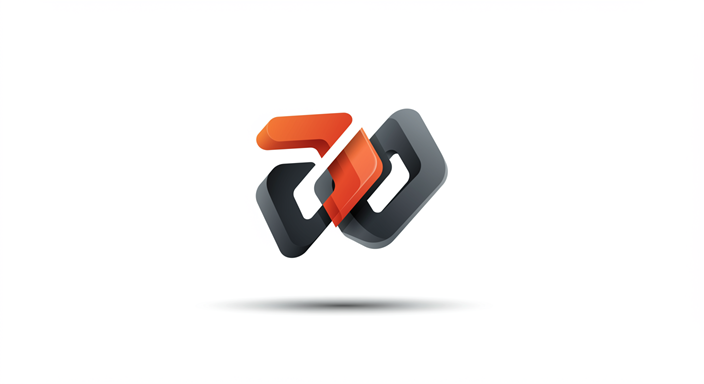On a crisp autumn morning in North Texas, a young entrepreneur named Mia stood outside a co-working space in downtown Plano. Clutching a freshly printed stack of business proposals, she looked out at the skyline — not of Dallas, but of Plano, a city she once overlooked. What brought her here wasn’t chance; it was potential. Within a few months, she would discover that Plano was not just a suburb — it was a thriving business ecosystem where innovation met opportunity, and where dreams like hers could take root and grow. Welcome to Business Plano.
What Is Business Plano?
Business Plano refers to the vibrant and rapidly growing economic landscape centered in the city of Plano, Texas. Often considered part of the greater Dallas–Fort Worth metroplex, Plano has evolved into a standalone powerhouse, attracting Fortune 500 companies, tech startups, and everything in between. With a pro-business environment, excellent infrastructure, and a highly educated workforce, it’s become a beacon for entrepreneurs, investors, and corporate leaders.
But Business Plano is more than just real estate deals and tax incentives. It’s a philosophy. It’s the combination of community support, strategic urban planning, and a culture that encourages innovation. In essence, it’s a blueprint for how a modern city can support modern business.
Why Companies Are Choosing Plano
One of the primary draws of Plano is its favorable business climate. The city has made a conscious effort to remove red tape and streamline the process of launching or relocating a business. This includes:
- Low Taxes: Texas has no personal income tax, and Plano offers competitive property and business tax rates.
- Incentives: From job creation grants to infrastructure support, the city offers a variety of incentive packages for both large and small businesses.
- Access to Talent: With several top universities and training institutions nearby, companies have access to a well-educated and skilled labor force.
- Strategic Location: Located just north of Dallas, Plano offers excellent access to highways, railroads, and DFW International Airport.
These factors have led to a migration of major corporate headquarters to Plano, including Toyota North America, JCPenney, and FedEx Office. But it’s not just the big names making waves. Small and medium enterprises are flourishing as well, supported by local incubators and co-working spaces like The DEC Network and TechMill.
Plano’s Startup Ecosystem
What makes Business Plano especially compelling for startups is its grassroots support system. The city has cultivated a culture of collaboration, where mentorship and networking are prioritized. Events like Startup Weekend, CodeLaunch, and Plano Chamber’s innovation roundtables help connect aspiring entrepreneurs with experienced professionals and investors.
Additionally, Plano’s access to venture capital and angel investors is growing. With a lower cost of living compared to traditional tech hubs like San Francisco or New York, startups can stretch their funding further — allowing them to build lean, resilient companies.
Beyond finances, the sense of community is strong. In Plano, it’s common to see business leaders volunteering their time at local schools or tech founders mentoring the next wave of entrepreneurs. This culture of giving back is a hallmark of Business Plano’s character.
The Future of Business in Plano
Plano is not resting on its laurels. City planners and business leaders are continually exploring new ways to innovate and expand. Sustainability, smart city technologies, and diversity are top priorities for the next decade of growth. Plano is already a leader in integrating smart infrastructure, from energy-efficient buildings to connected public transport solutions.
Moreover, the city is doubling down on inclusivity, recognizing that the best ideas come from a wide range of voices. Minority-owned businesses, women-led startups, and immigrant entrepreneurs are increasingly represented in the city’s business scene — adding to the richness of its economic fabric.
Challenges to Consider
No business environment is without its challenges, and Plano is no exception. As the city grows, so do concerns around:
- Affordability: Rising real estate prices could impact startup scalability and worker accessibility.
- Traffic Congestion: With population growth comes infrastructure strain, although the city is actively addressing this with expanded public transit initiatives.
- Workforce Gaps: While the talent pool is deep, some sectors — particularly tech and biotech — are experiencing a skills gap that requires long-term education planning.
That said, Plano has demonstrated an ability to adapt. With public-private partnerships and a proactive city council, the future challenges of Business Plano are being met with thoughtful and strategic solutions.
Conclusion
From startups to global giants, from co-working desks to corporate campuses, Business Plano represents a compelling case study in how a city can reimagine itself as a 21st-century economic engine. What began as a quiet suburb is now a hotbed of opportunity, proving that innovation doesn’t need skyscrapers or coastal zip codes — just vision, collaboration, and the right environment.
So whether you’re an entrepreneur looking for fertile ground or an executive seeking a smart move, Plano might just be the place where your next chapter begins.
What opportunities do you see in Business Plano, and how do you envision contributing to its future growth? Share your thoughts in the comments below!

